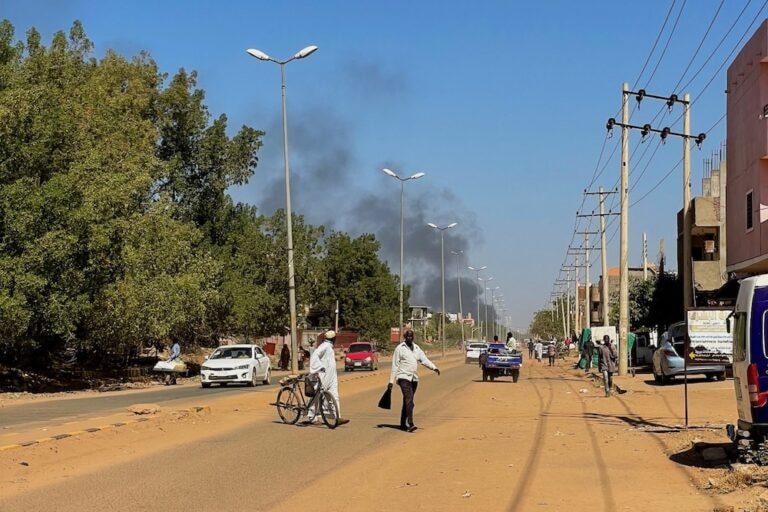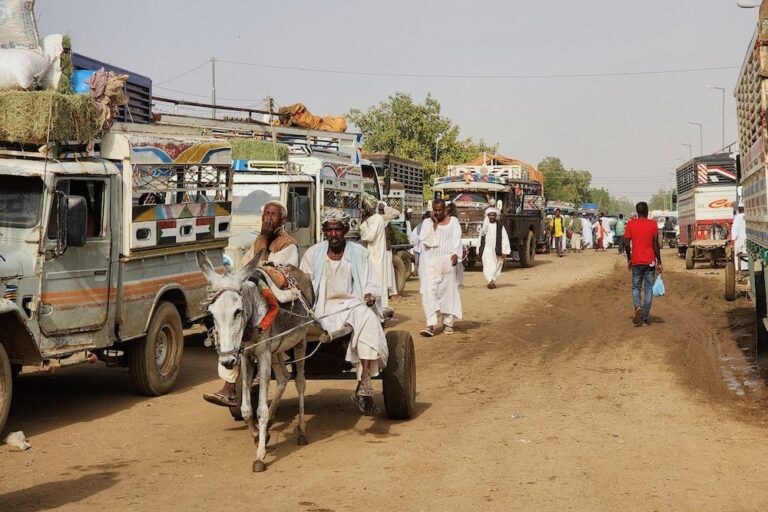(CJFE/IFEX) – On 16 January 2002, a Sudanese court ordered the editor of the English-language newspaper “Khartoum Monitor” to pay a five million Sudanese pound (approx. U$1,950) fine over an article published in the paper that accused the government of facilitating slavery. The newspaper itself was also fined 15 million Sudanese pounds (approx. US$5,800). In […]
(CJFE/IFEX) – On 16 January 2002, a Sudanese court ordered the editor of the English-language newspaper “Khartoum Monitor” to pay a five million Sudanese pound (approx. U$1,950) fine over an article published in the paper that accused the government of facilitating slavery.
The newspaper itself was also fined 15 million Sudanese pounds (approx. US$5,800).
In the article, editor Nhial Bol wrote, “Slavery is practised because the government facilitates it by allowing Arab raiders to use government-owned trains for ferrying the abducted people.”
Bol was initially imprisoned because of the newspaper’s inability to pay the fine. However, a local businessman loaned the five million Sudanese pounds in order to secure his release. “Khartoum Monitor” staff report that he now wants his money back. Bol himself stated that, if that money cannot be returned on time, the businessman will arrange for authorities to have the editor imprisoned again.
The second fine, which the newspaper unsuccessfully attempted to have quashed, must be paid by 20 February.
The “Khartoum Monitor”, which was launched in 2000, faces four court trials on other charges related to public security. It is feared that, if money cannot be found both to cover the fines and to pay legal defence fees, the newspaper will soon go out of business.
The “Khartoum Monitor” has been critical of the government’s human rights record, particularly in southern Sudan, where rebels seek more autonomy for the mainly Christian and animist African south.
Human rights groups maintain that the war in southern Sudan has forced thousands into slavery. The Sudanese government disputes these accusations.


